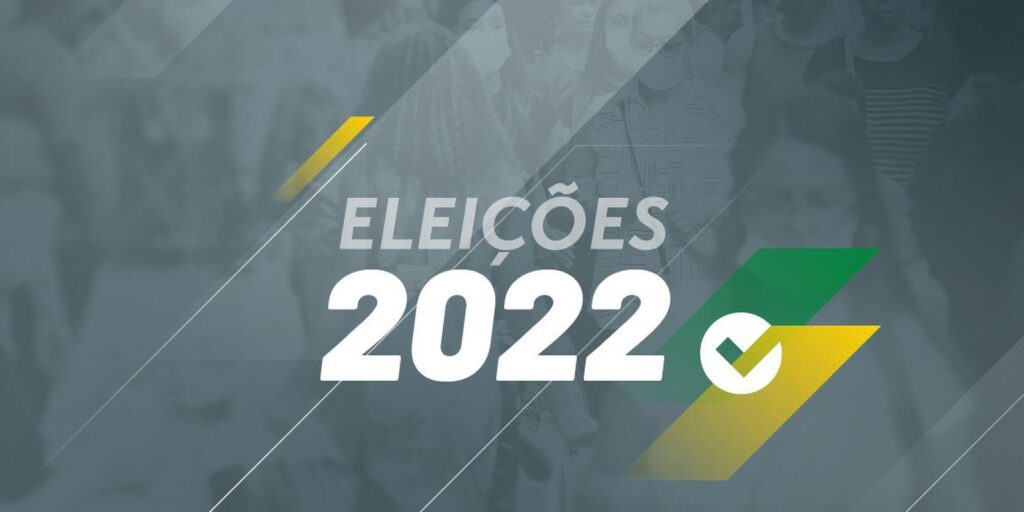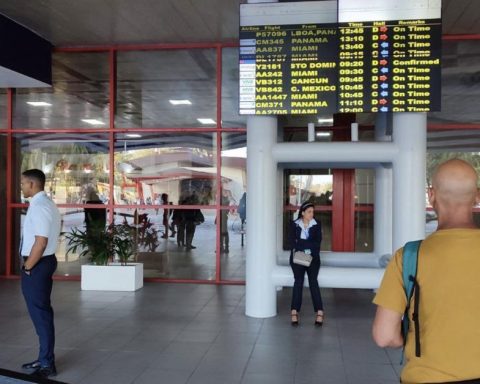The Constitutional Court ruled in favor of 276 families in a condition of economic vulnerability in the municipality of Aipe (Huila), who in 2019 benefited from a subsidy to acquire social housing, which was not made effective.
(Housing subsidies: what will happen to them in the Petro government?).
The high court pointed out that the right to decent housing requires the provision of resources and the development of consistent and vigorous public policies, “towards the expansion of coverage, for all Colombians”.
The case dates back to November 2019 when the Aipe mayor’s office published a call to choose the beneficiaries of the Urbanization La Difference II housing program. In December the beneficiaries were selected and the appropriation of 23,000 million pesos of royalty resources was ordered and the city hall certificate of availability was issued for almost 6,000 million pesos.
Six months later, the beneficiaries had not received the money and the local mayor’s office argued that the delay was related to certain deficiencies, especially related to the insufficiency of cession zones.
The citizens then went to the guardianship to ask for the protection of their fundamental rights, especially housing, a dignified life, equality and due process, and they complained that the mayor’s office for five months did not take any action to meet the requirements. prior to the start of the project.
In the first instance in June 2010, the Fourth Administrative Judge of the Neiva Circuit granted the amparo to the fundamental rights of petition and decent housing of the plaintiffs; and ordered the Mayor of Aipe to request an extension of six months to continue with the necessary procedures for the execution of the project.
(These are the cities where the price of housing increased the most).
And the Administrative Court of Huila in August 2020, modified the first instance decision, and although it maintained the protection of the fundamental right of petition and ordered the mayor’s office to respond to the requests of the project beneficiaries; revoked the protection of the fundamental right to decent housing, since it found no evidence of the violation or threat when considering that the housing subsidy awards had not been revoked and the mayor’s office reported that the project was continuing, without prejudice to the need to make technical adjustments.
The case reached the Constitutional Court, which, with a ruling by Judge Diana Fajardo Rivera, made clarifications. The First Review Chamber pointed out that supply subsidies have constitutional relevance and their granting requires a consistent government policy.
“For this reason, its modification or revocation is linked to the principle of progressiveness, the prohibition of retrogression and respect for expectations
legitimate, that is, good faith in the actions of the authorities”, the Court noted.
And he added that since the subsidies do not generate the transfer of the property right, they do not constitute an acquired right to access housing.“but, to the extent that they are the main tool to which the State has resorted to
promote access to decent housing, they should enjoy stability and reflect
a legitimate expectation of access to housing”.
For this reason, the Court stated that the stability of the subsidies is part of the respect for the principle of progressiveness in access to the right to decent housing and, in particular, the loss of its effectiveness may constitute a violation of the prohibition of retrogression.
The High Court indicated that what happened supposes a special affectation for the
actuators, “which manifests itself in the manner in which its legitimate expectation
faded away This does not mean that the Mayor should not make the necessary adjustments to the project or request the release of resources, if he finds that it is unfeasible, but he must adopt positive measures so that the right becomes effective “.
(The housing allowance to which you are entitled, based on your salary.)
The high court emphasized: “Subsidies (…) are for many Colombian families the only way to access housing without putting at risk the exercise of other fundamental rights, due to the high costs of real estate in relation to the average income of the population.”
The ruling orders the Mayor of Aipe (Huila) to take two paths to guarantee subsidies to the stakeholders: he can present the project already corrected
in a term of two months; or you can go to the design and implementation of a plan
to satisfy the right to decent housing of the beneficiaries of the subsidy.
If you go to the second option, said the Court, you must proceed to the delivery of
Sufficient information about available alternatives or courses of action
within the framework of the public policy of the municipality of Aipe for access to law, including the publication of the content of this provision on its web portal, within 48 hours; create a space for participation between the Mayor’s Office and those affected, destined to the construction of a significant dialogue to find the measure that satisfies the expectations of the beneficiaries of the housing project.
@JusticiaET
[email protected]

















